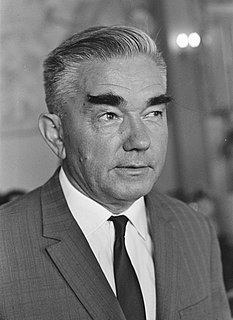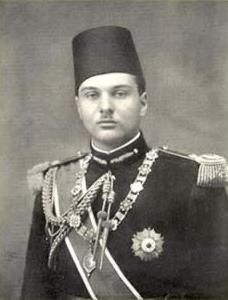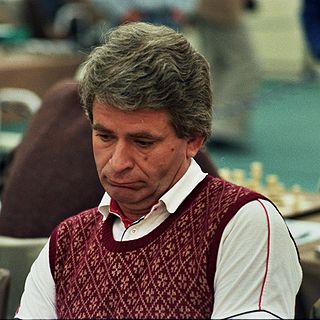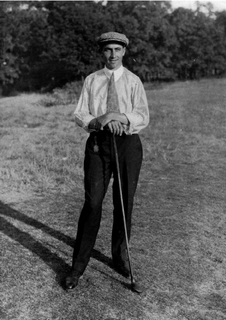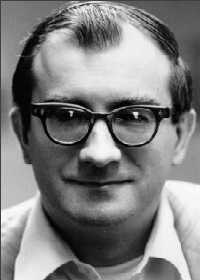A Quote by Alexander Kotov
If you study the classic examples of endgame play you will see how the king was brought up as soon as possible even though there seemed no particular hurry at the time.
Related Quotes
One of the regrets of my life is that I did not study Latin. I'm absolutely convinced, the more I understand these eighteenth-century people, that it was that grounding in Greek and Latin that gave them their sense of the classic virtues: the classic ideals of honor, virtue, the good society, and their historic examples of what they could try to live up to.
When I have a match to play, I begin to relax as soon as I wake up. Everything I do, I do slow and easy. That goes for stroking the razor, getting dressed, and eating my breakfast. I'm practically in slow motion. By the time I'm ready to tee off, I'm so used to taking my time that it's impossible to hurry my swing.
The Bauls say, "Don't try to force anything." Let life be a deep let-go. See God opening millions of flowers every day without forcing the buds, waiting, never in a hurry, giving their time to them. The Bauls say, "Everything happens at its right time, everything happens in its own season. Wait, don't be impatient, don't be in a hurry. All hurry is greed, and all hurry is a subtle fight." That which is going to happen will happen. Whenever it is going to happen it will happen; you need not fight existence. You can surrender, you can trust.
I think it's impossible to predict the future but it is possible to look at the past and see how one can do differently from what one's ancestors have done and learn from their mistakes, and one can see how even though there are enormous forces which stop one doing what one wants to, there are little holes in which the individual can do something.
